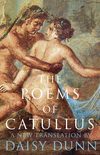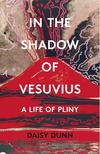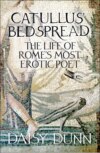Yalnız Litres-də oxuyun
Kitab fayl olaraq yüklənə bilməz, yalnız mobil tətbiq və ya onlayn olaraq veb saytımızda oxuna bilər.
Kitabı oxu: «The Poems of Catullus»
Daisy Dunn
Nəsə səhv oldu, daha sonra yenidən cəhd edin
8,14 ₼
Janr və etiketlər
Yaş həddi:
0+Litresdə buraxılış tarixi:
30 iyun 2019Həcm:
81 səh. 3 illustrasiyalarISBN:
9780007582976Müəllif hüququ sahibi:
HarperCollinsСлайдер с книгами
Fb2ZIP-arxiv 1.7 МБ
Smartfonlar, Android planşetləri, elektron oxucular (Kindle istisna olmaqla) və bir çox proqramlar üçün uyğundur
TXT
Demək olar ki, istənilən cihazda açmaq mümkündür
TXTZIP-arxiv 59.7 КБ
İstənilən kompüterdə açmaq mümkündür
RTFZIP-arxiv 1.8 МБ
İstənilən kompüterdə açmaq mümkündür
PDF A4
Adobe Reader proqramında açılır
PDF A6
Optimallaşdırılmış və smartfonlar üçün uyğundur
Mobi
Kindle e-readers və Android proqramları üçün uyğundur
Epub
İOS cihazları (iPhone, iPad, iMac) və əksər oxuyan proqramlar ilə uyğun gəlir
iOS.Epub
İPhone və İPad üçün uyğunlaşdırılmışdır
Fb3
FB2 formatının inkişafı












